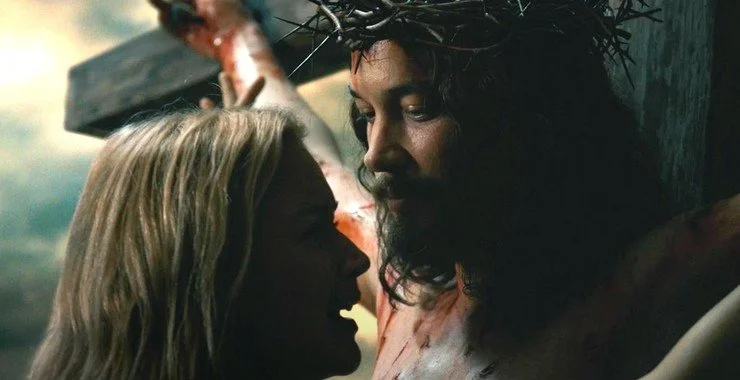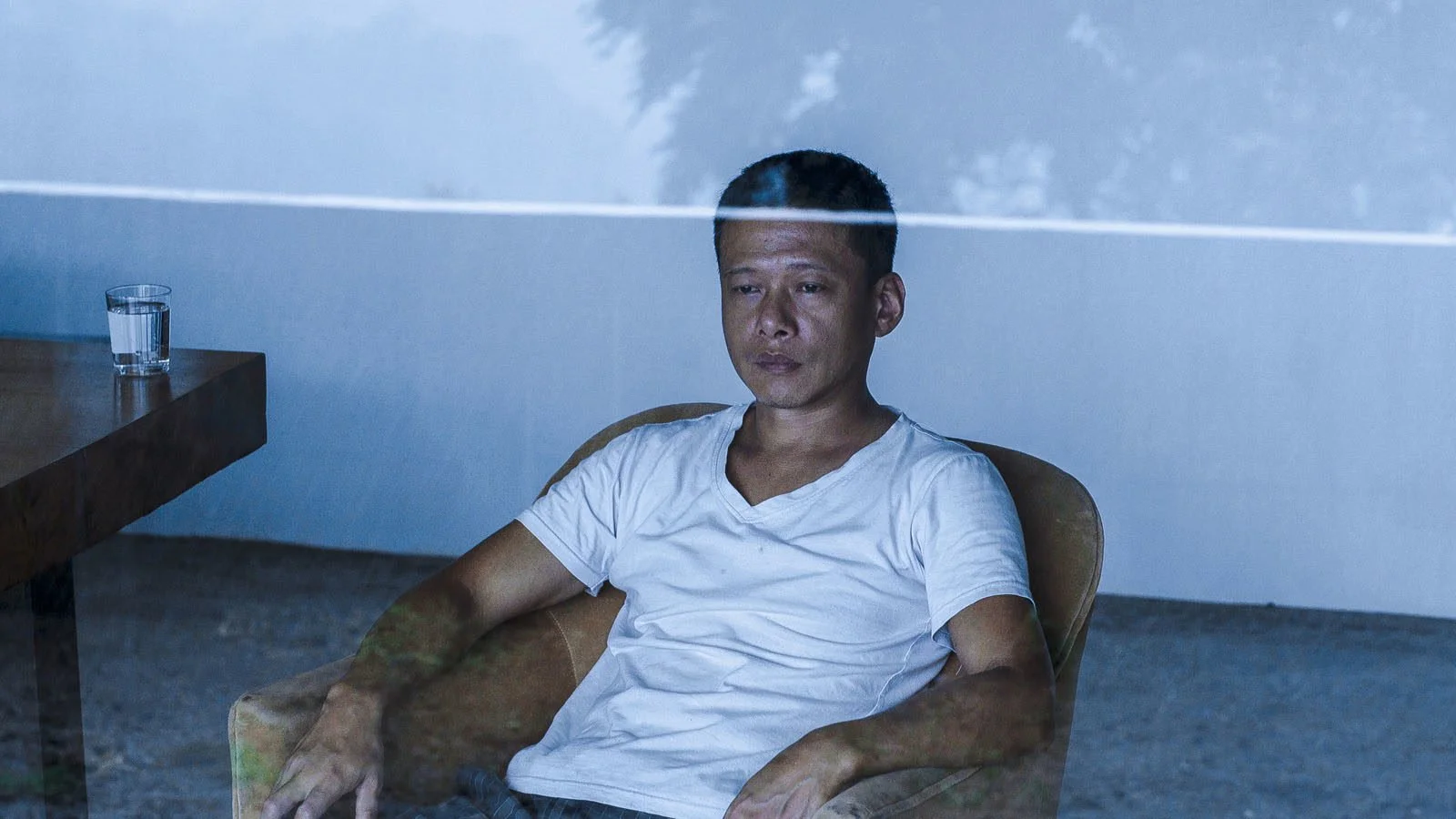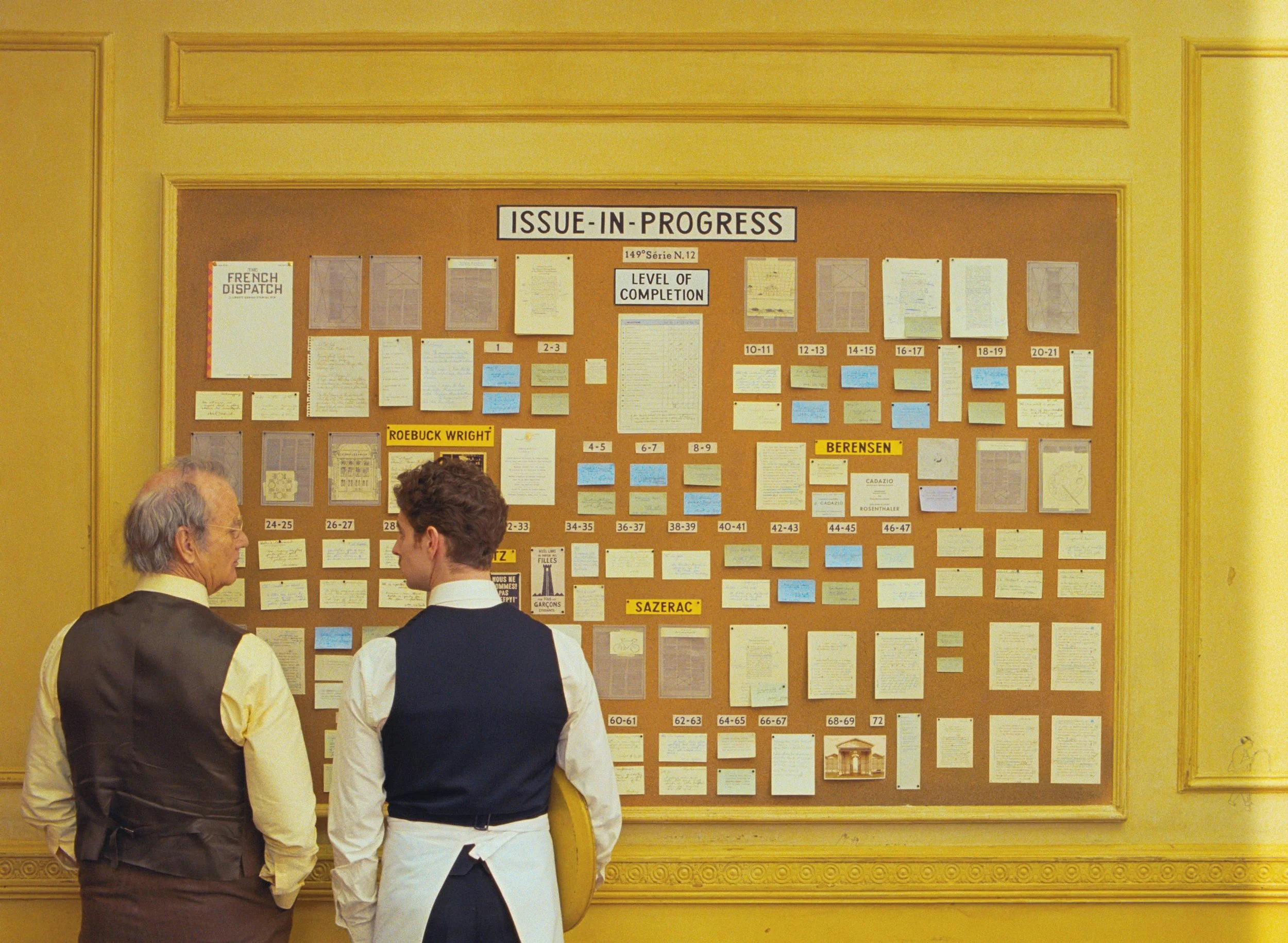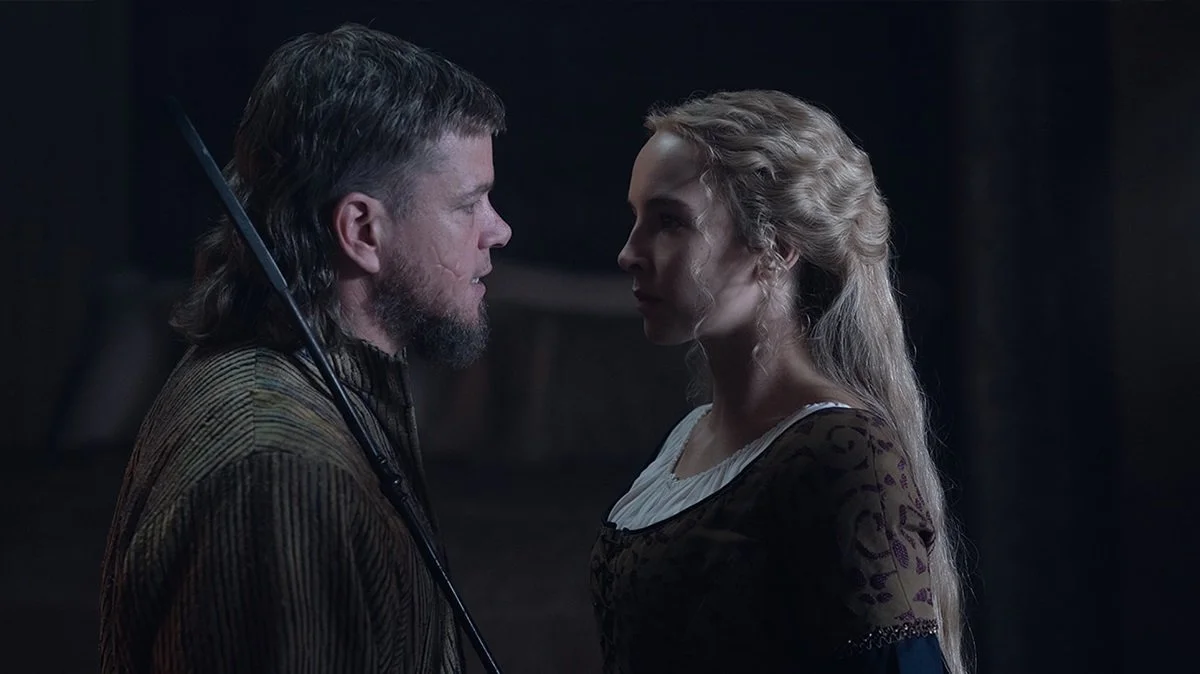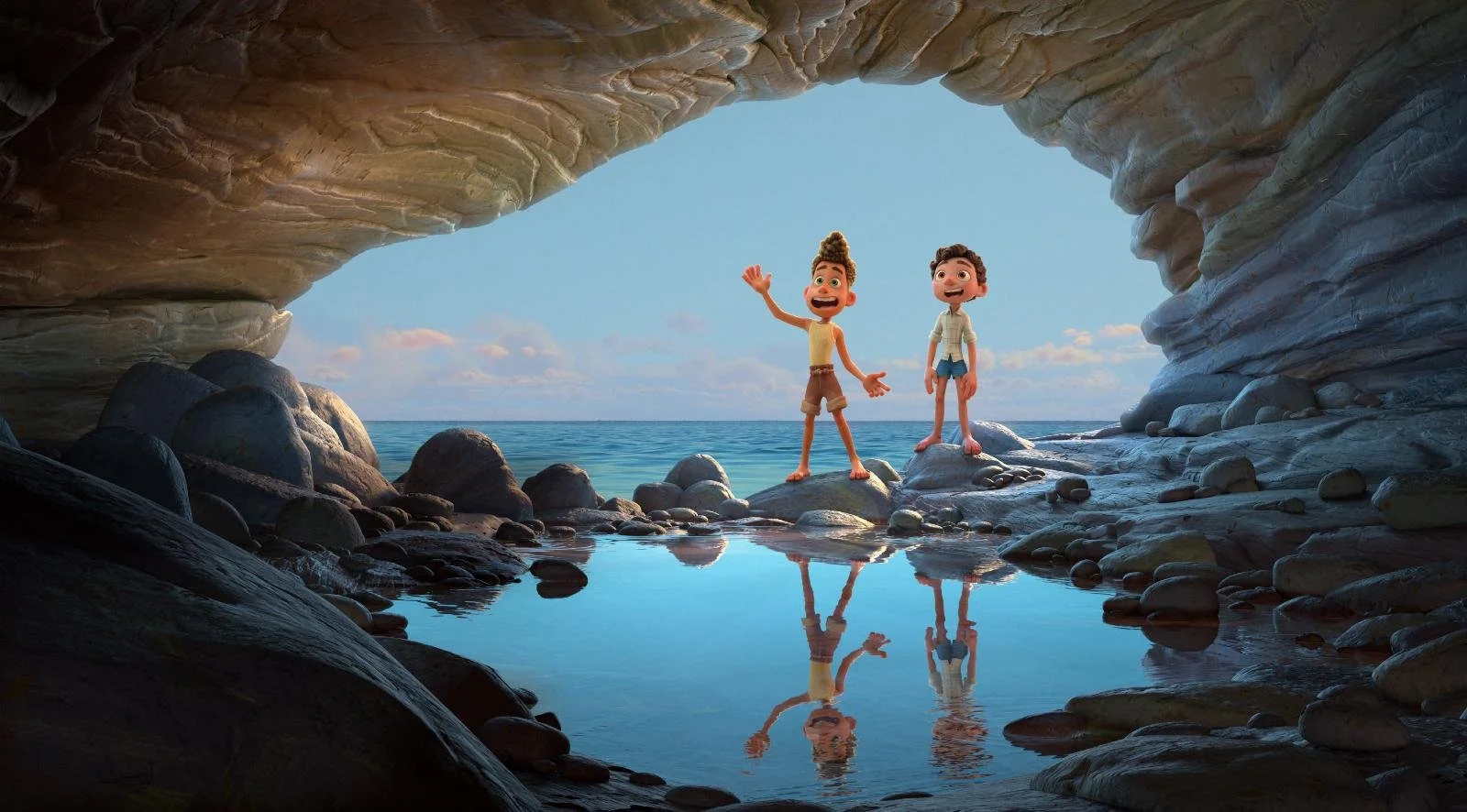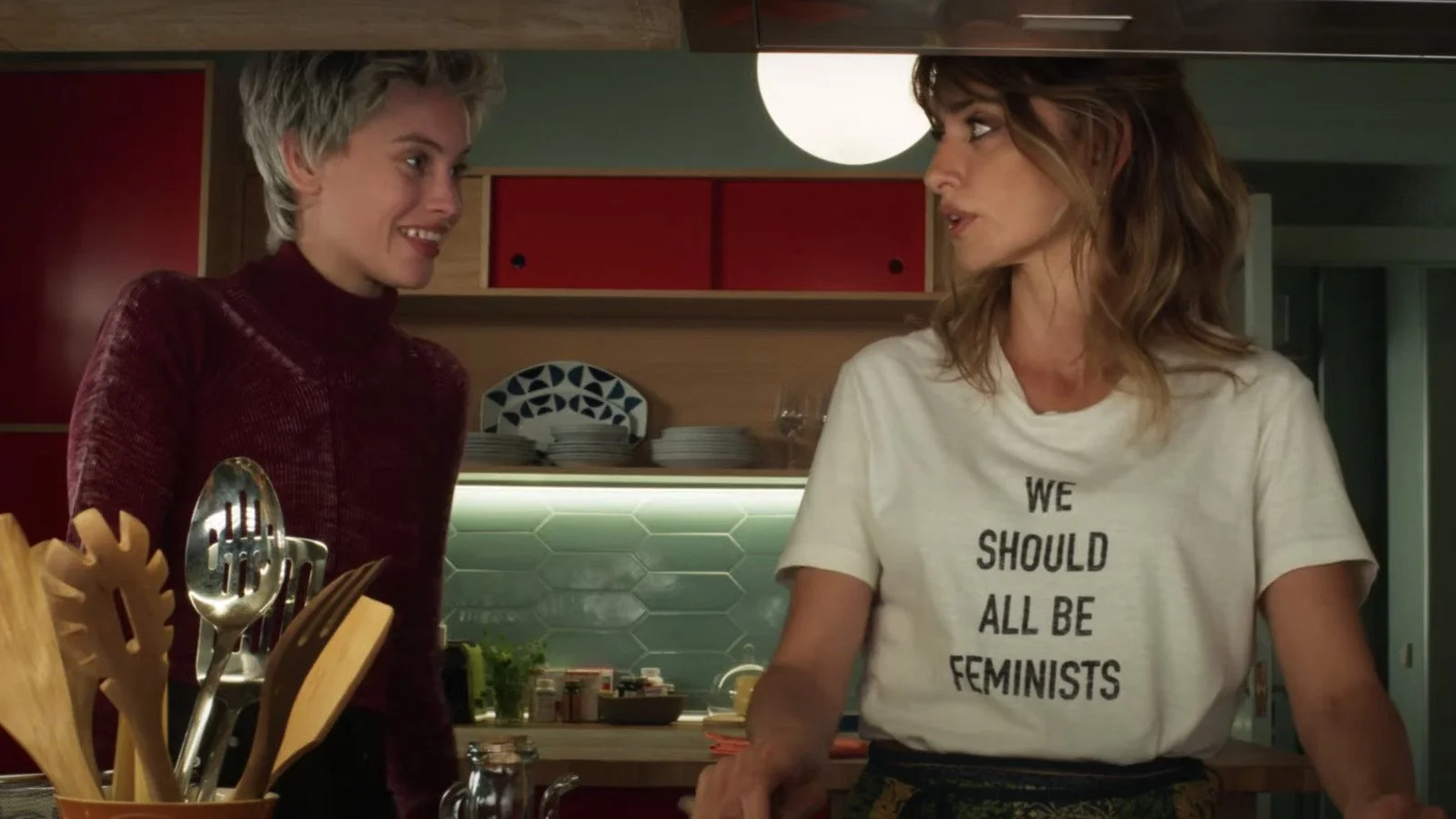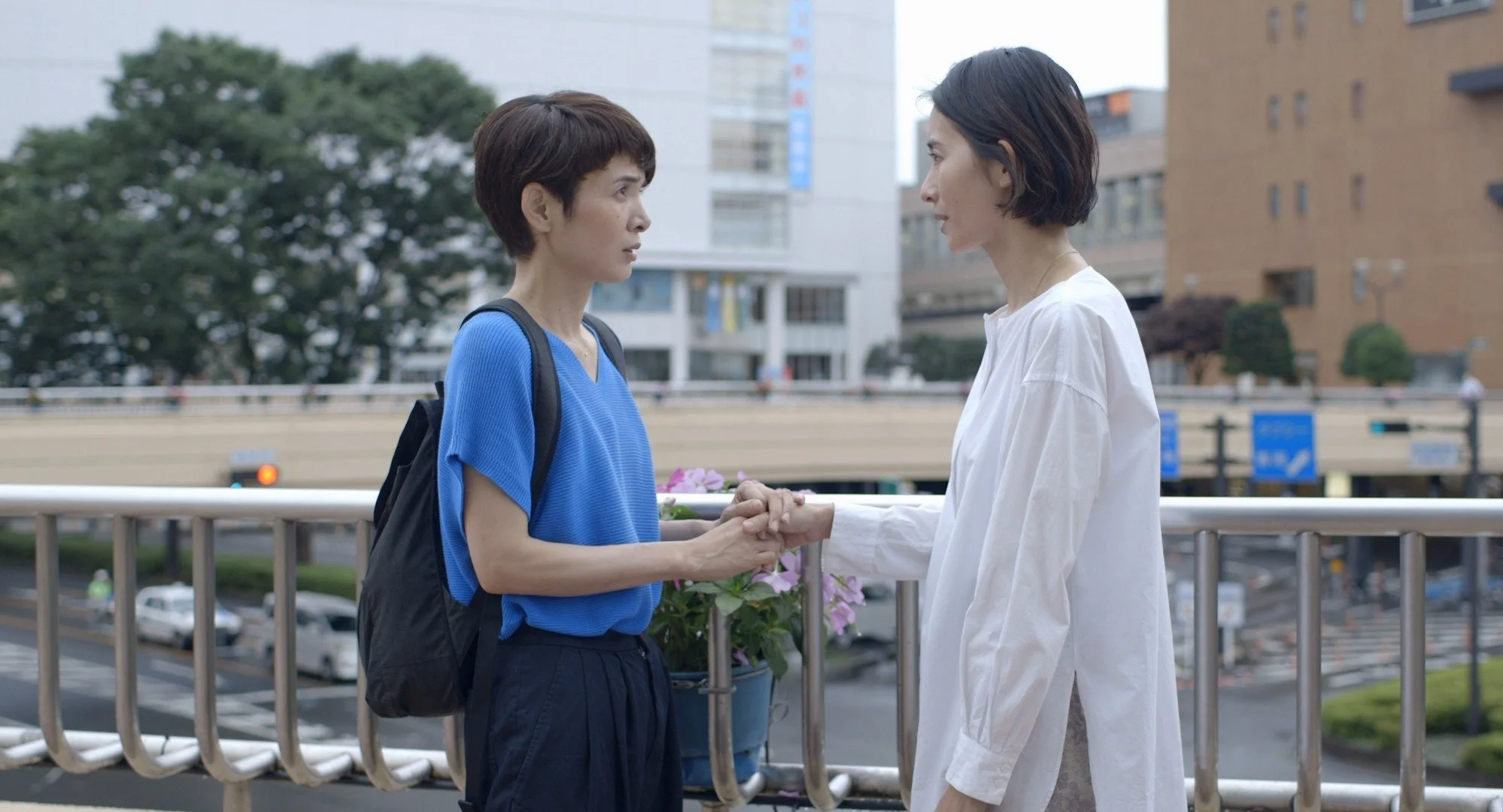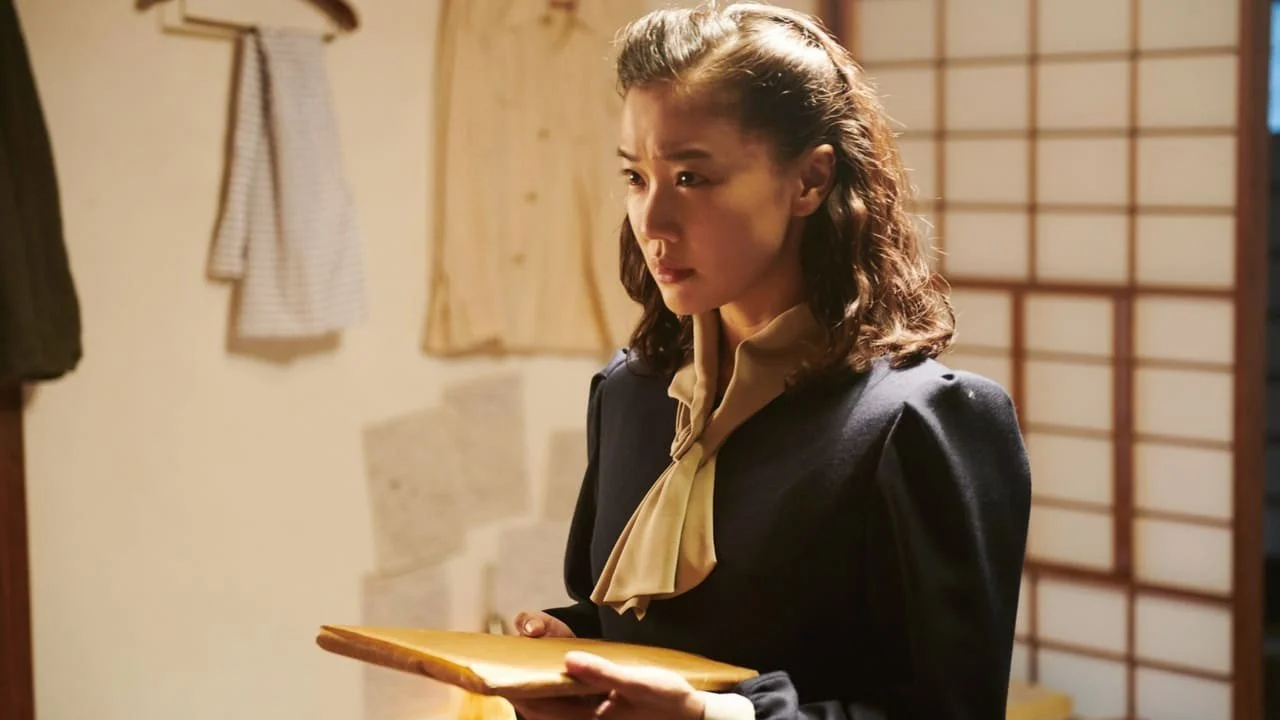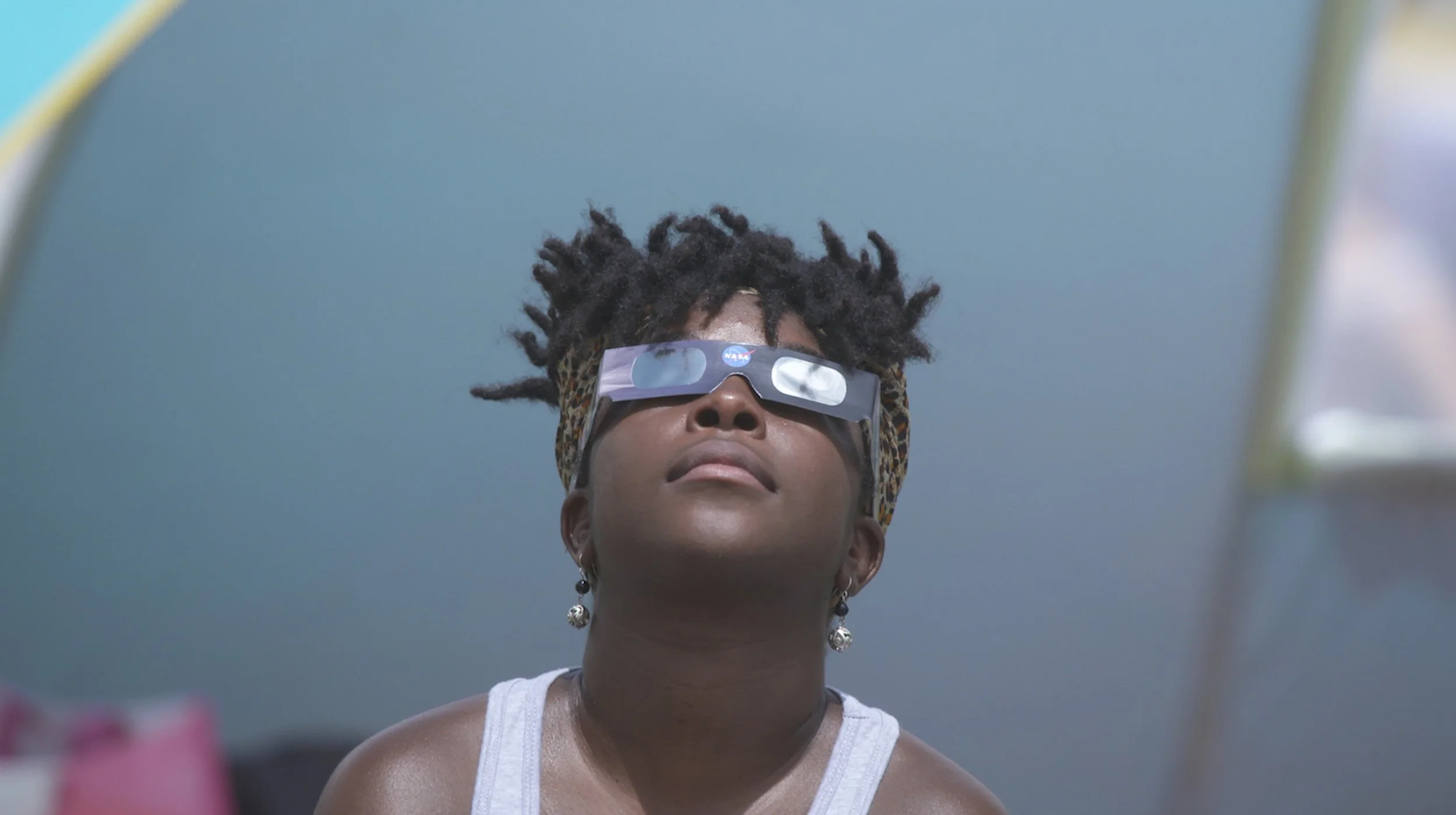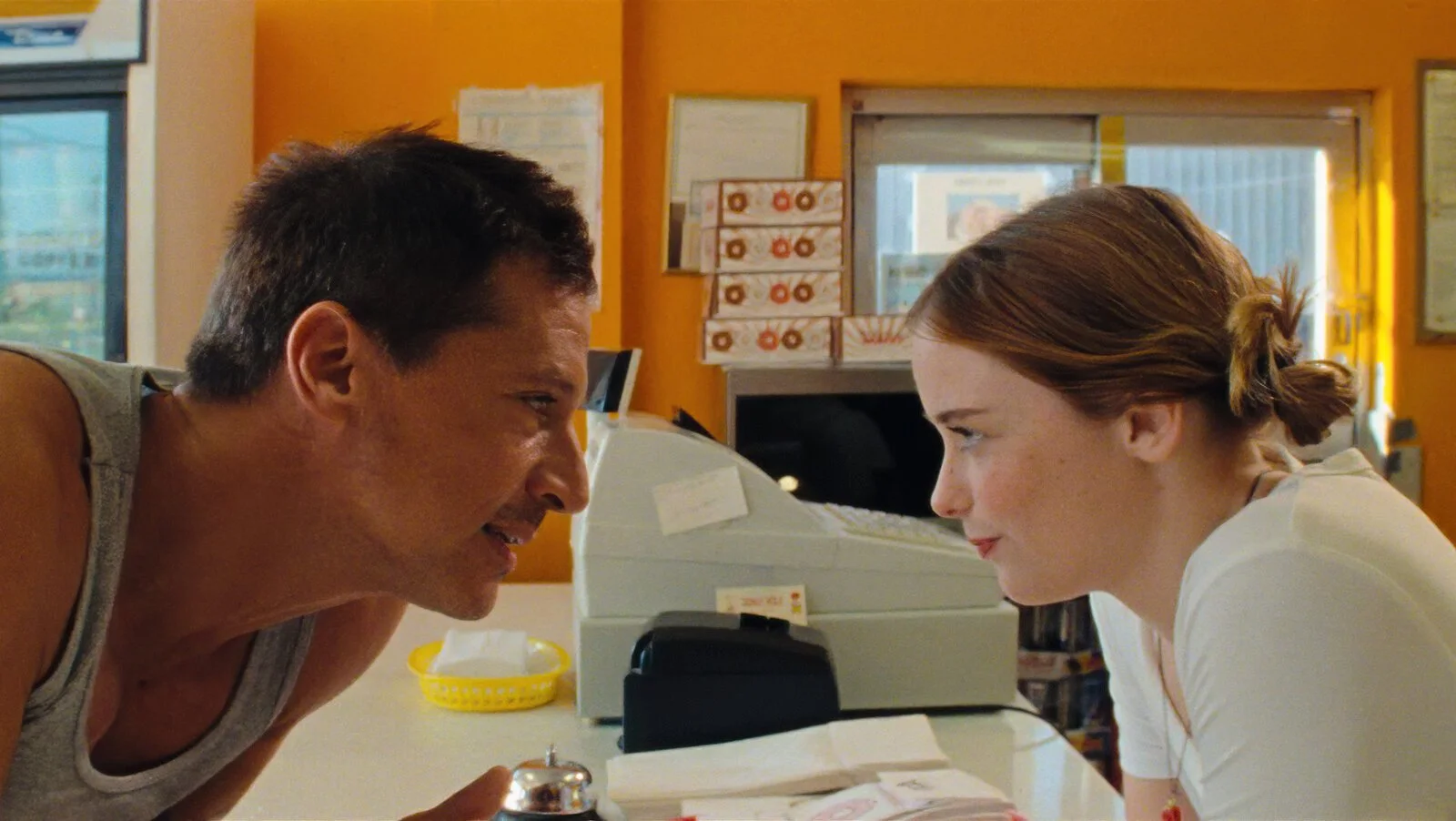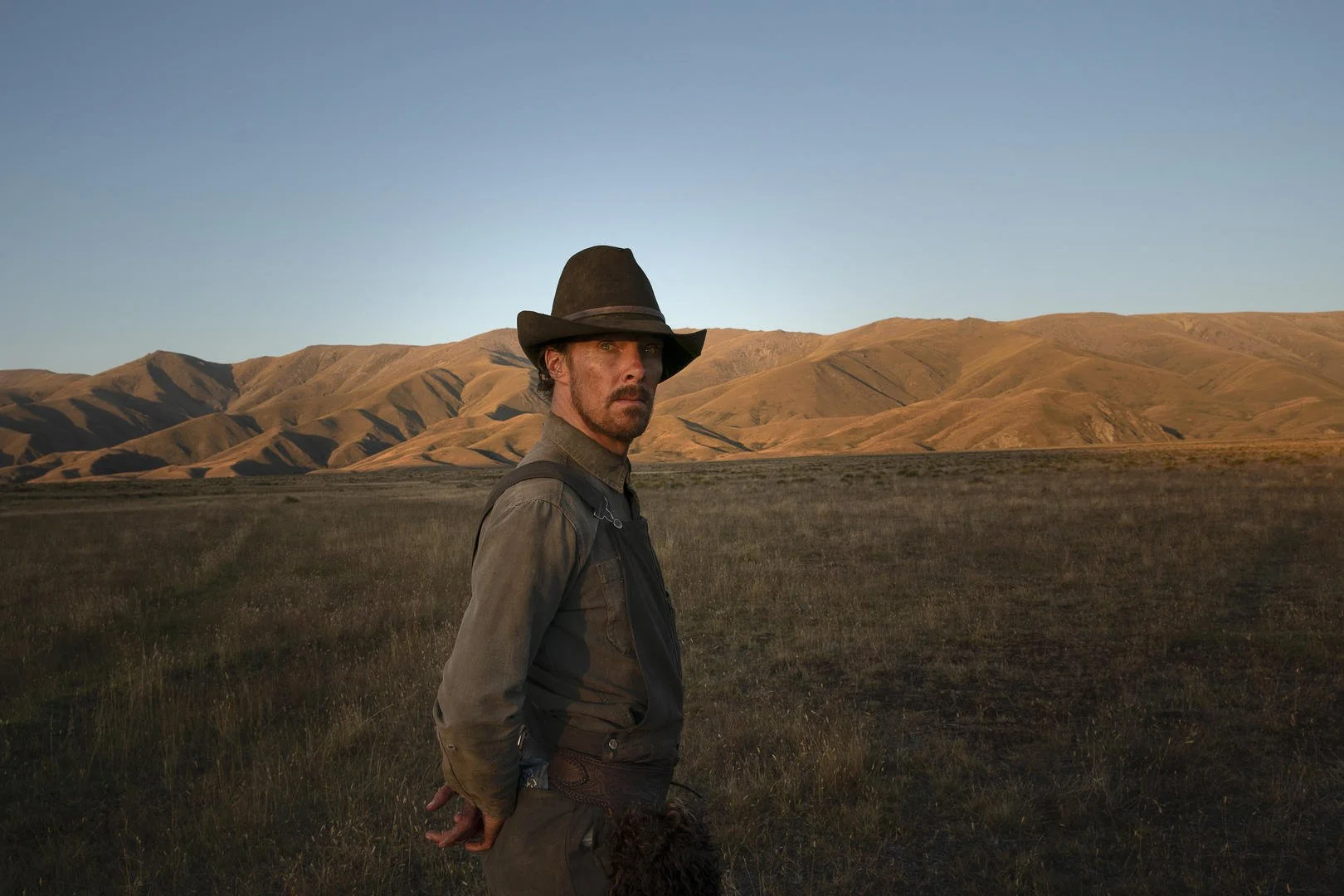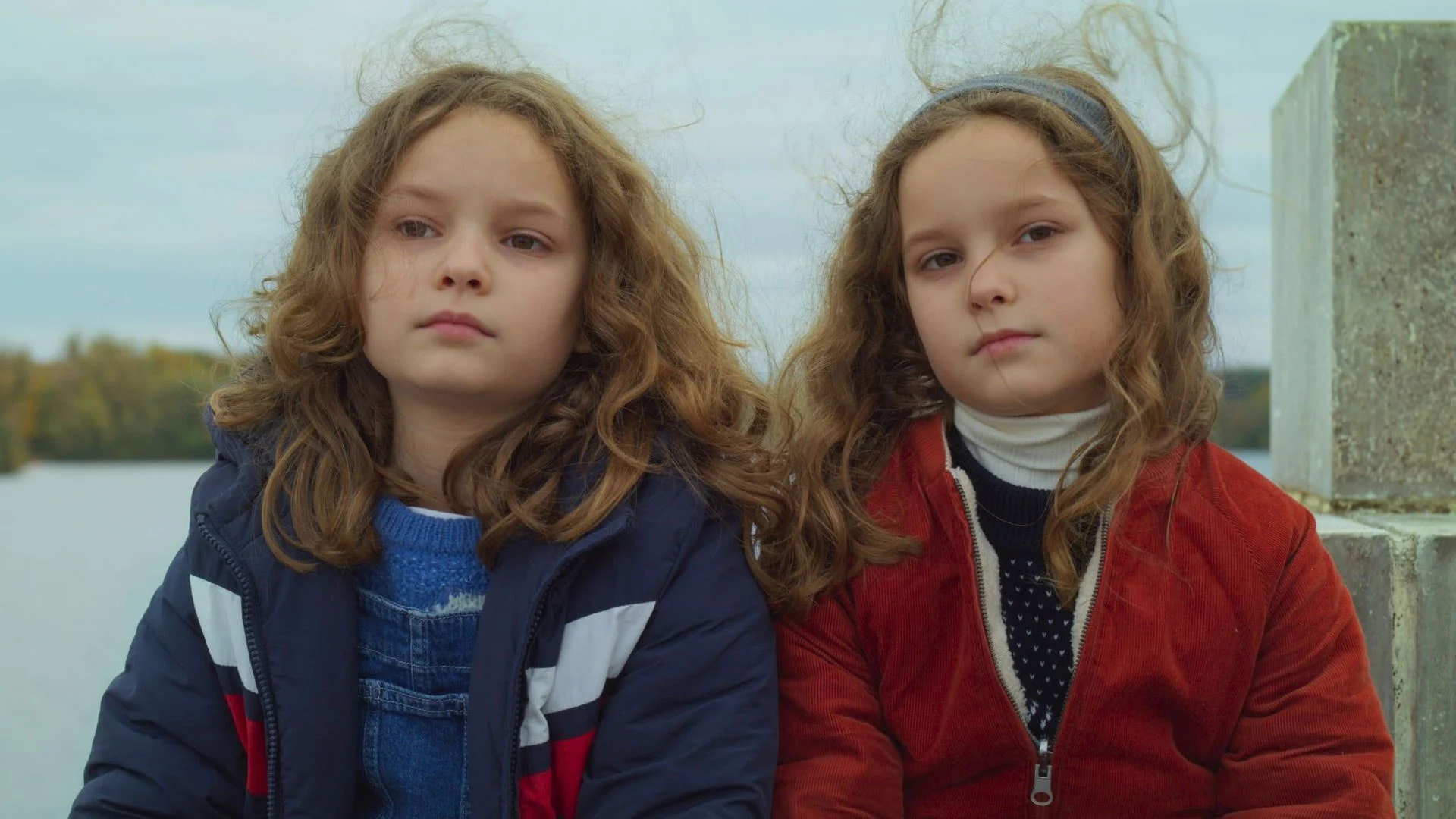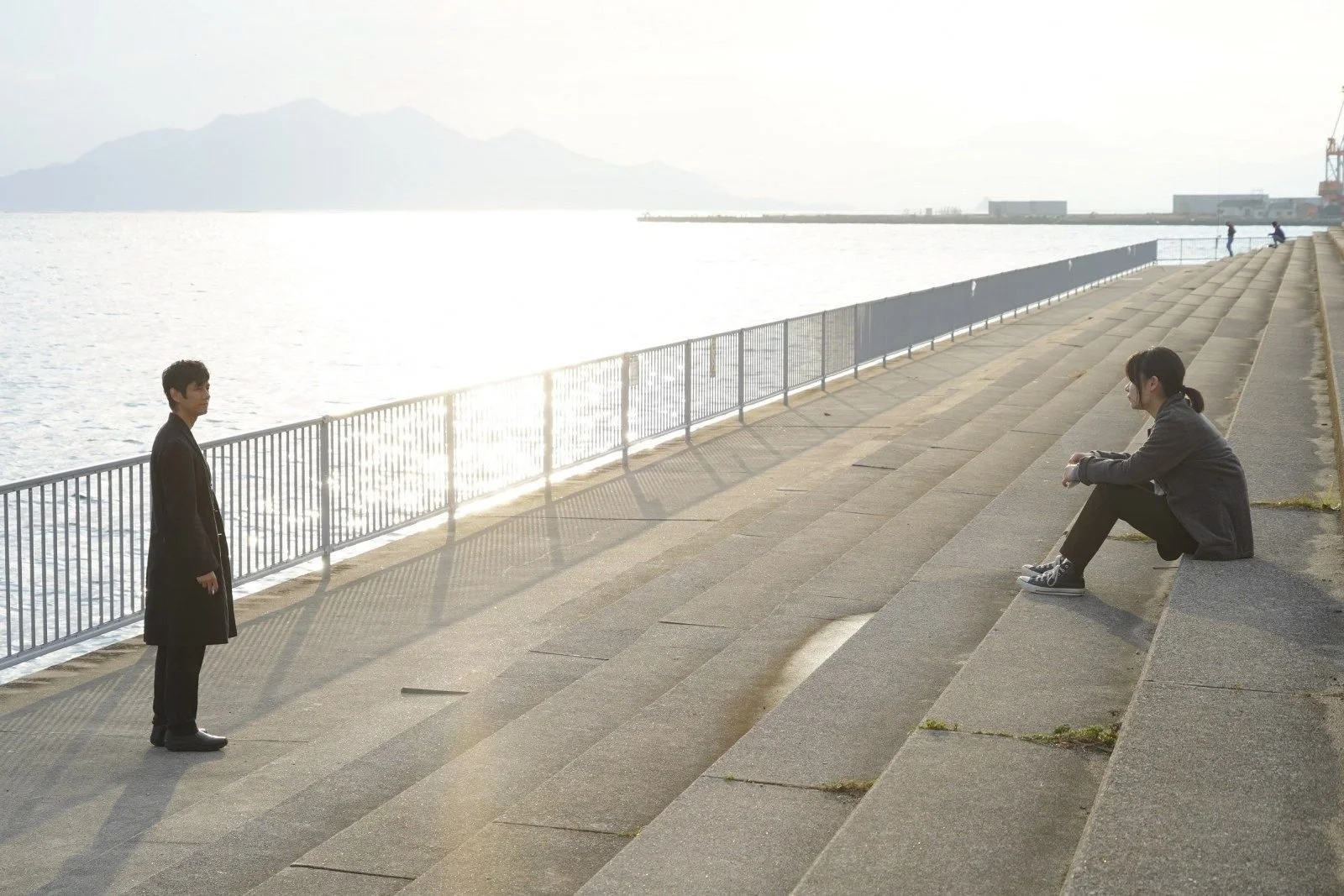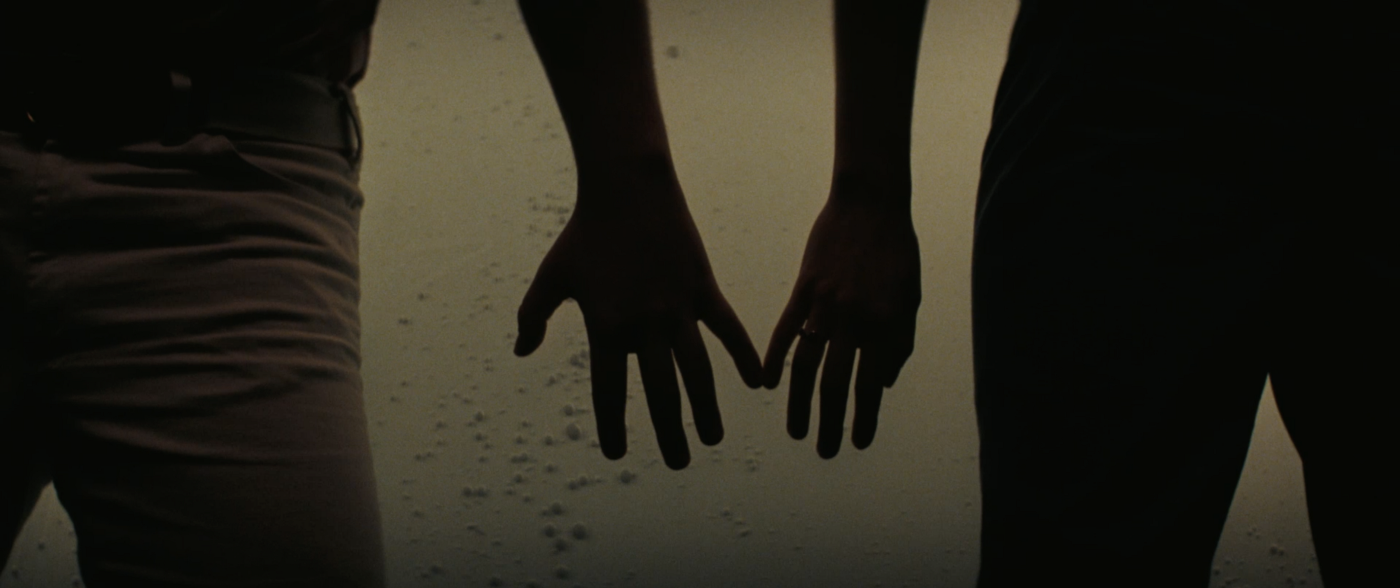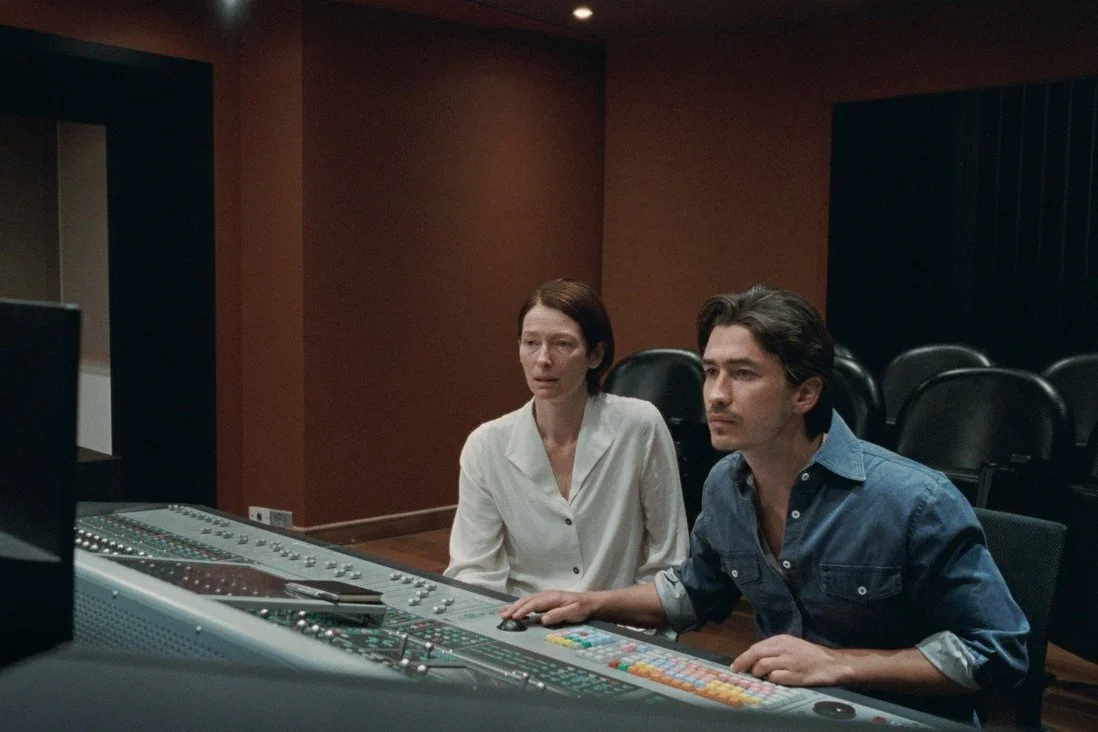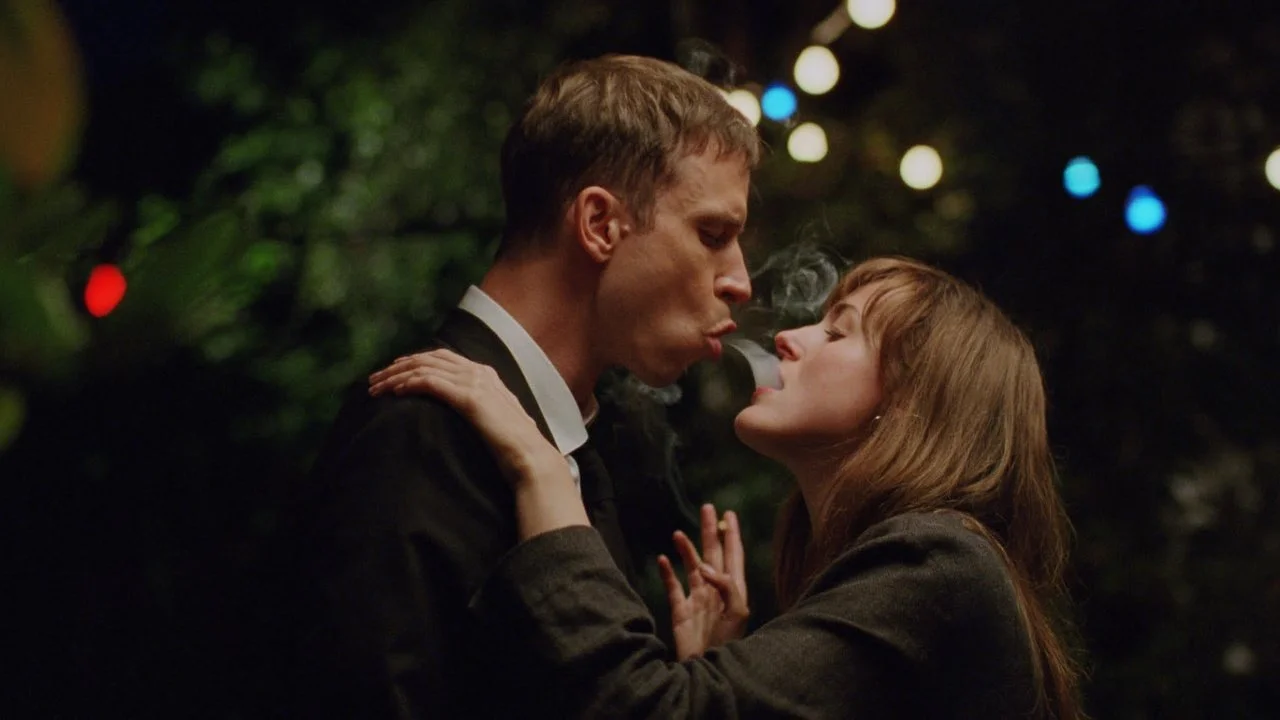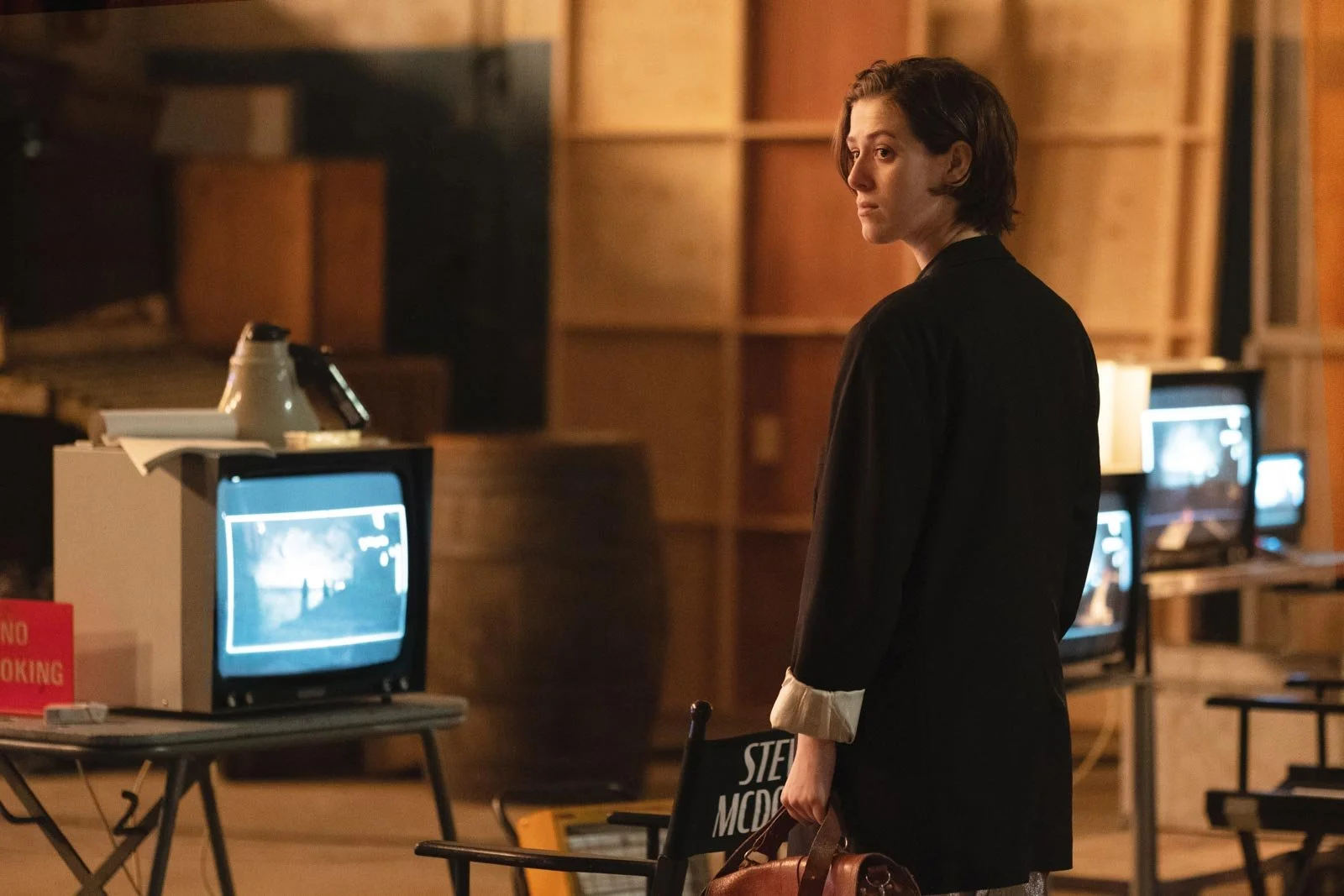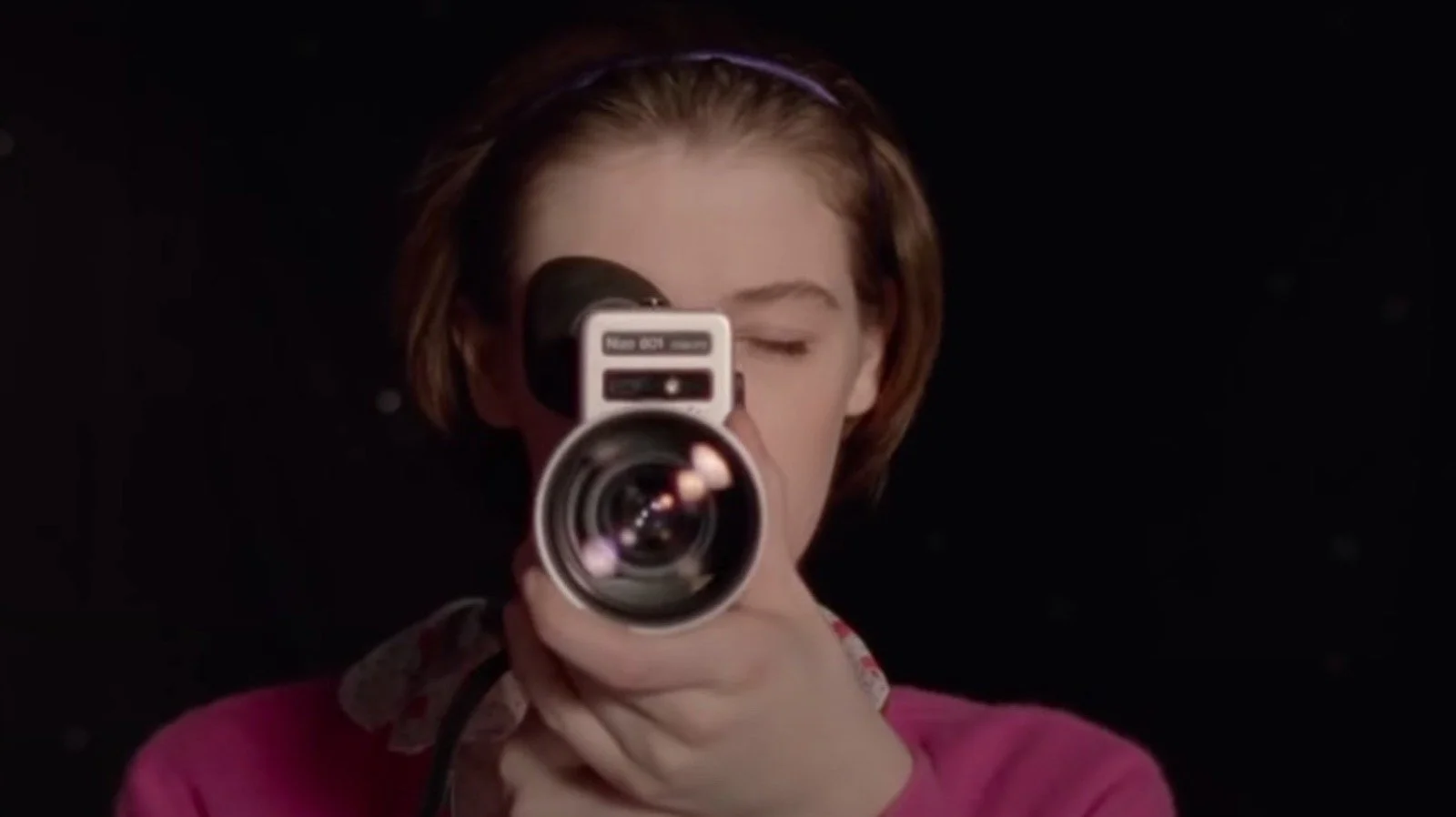Best Films of 2021
There is a scene early in Jane Campion’s The Power of the Dog where we find soft-spoken rancher George and his new bride Rose (Jesse Plemons and Kirsten Dunst, respectively) dancing atop a hill overlooking a breathtaking mountain range. George steps away for a second, tears in his eyes, turns back, and quietly confesses, “I just… I wanted to say how nice it is not to be alone.” It’s a lovely moment between two characters, but it also speaks to a feeling, an acknowledgment, that resonates even stronger after two years of an ongoing pandemic that has fundamentally reshaped the world and our relationships to one another. The value, the import, of the exploration of the human condition is at an all-time high, and, for an art enthusiast like me, a significant avenue thereof is the cinema. The disruption of film distribution and the closure of theaters in 2020 that largely continued into 2021 was a major source of frustration for me. But you can be sure that when cinemas reopened and long-delayed movies actually hit their rescheduled release dates mid-summer, I didn’t hesitate to return. The cinematic experience of the theater is still unmatched, top-line 4K TVs and home surround systems be damned. I was thrilled to be back in movie theaters in 2021, and on that note, I will quickly mention my most memorable theatrical experiences of the year:
Licorice Pizza - 70mm print at an Alamo Drafthouse with a packed theater and an introduction by star Alana Haim.
Memoria - Festival screening (in-person festivals returned!) in an art museum theater with a full house totally enwrapped by the film’s sonic aura.
Spider-Man: No Way Home - Opening day sold-out show of ecstatic moviegoers. I have problems with the film and what it represents, but hearing a happy audience respond so vocally to what they saw on screen was nevertheless a real pleasure.
Zola + Pig - This double feature was my first post-vaccination theatrical viewing experience. Just felt good to be back.
No Time to Die - Finally seeing the first major release calendar casualty of the pandemic felt like an important marker.
The French Dispatch - First date-night trip to the arthouse theater since the pandemic.
Dune - Villeneuve was right: you need to see it on the big screen.
West Side Story - Again, you need to see it on the big screen. We owe it to Spielberg!
A note on television: it seemed like the entertainment that generated the most water cooler-type conversation online in 2021 arrived on television. Series like Squid Game, Succession, Ted Lasso, WandaVision, and The Beatles: Get Back occupied more space in my social circles than almost any movie. I would venture to say that only Peter Parker could hold court with television in 2021, and even his film is inextricably tied to the small screen with Marvel’s various MCU-expanding shows. But I am decidedly not a television guy. The serialized, often multi-season, storytelling format and the accompanying spectator inclination to binge-watch simply doesn’t have the same appeal for me. But that’s a separate piece for another time. The point here is: I didn’t watch much TV in 2021. Fewer than twenty series in total, and I missed many of the most acclaimed ones. So I will abstain from assessing the year’s television terrain and merely name five programs I quite liked: Succession, The Underground Railroad, Bo Burnham: Inside, Invincible, and The White Lotus.
You wouldn’t have guessed it at the year’s midpoint, but 2021 ultimately produced a rich bounty of movies—and considerably stronger than last year’s offerings. In fact, if I were to merge my top tens of 2020 and 2021, only two from 2020 would make the cut. Returning to the idea of exploring the human condition, I found that many of my favorites were narratives of excavation: literally, in some cases, but mainly in terms of characters unearthing and grappling with trauma, guilt, grief, or suppressed desires, and, through that process, sparking some human connection. That is not to say it was a year of solemn fare; there is plenty of humor, heart, fun, and other pleasure to be found in my selections below. In crafting the top ten, I went with my gut. To call it a “best of” list is silly; this is a favorites list. While I love everything in my top 20, there’s a distinct “magnificent seven” this year. Numbers seven through one are all exceptional, and I had trouble ordering them. As usual, eligible films had at least a limited commercial run in the United States during the calendar year, but due to the vagaries of film distribution (e.g., the irksome late-year, one-week Oscar-qualifying run before a true release early in the following year), some of my picks aren’t currently available in theaters or on streaming platforms. Apologies.
Best of the Rest
About Endlessness | Annette | Azor | Bad Luck Banging or Loony Porn | Berlin Alexanderplatz | The Card Counter | C’mon C’mon | The Disciple | France | The Green Knight | The Humans | Judas and the Black Messiah | The Lost Daughter | Nightmare Alley | No Time to Die | Passing | Pig | El Planeta | Preparations to Be Together for an Unknown Period of Time | Quo Vadis, Aida? | The Rescue | Riders of Justice | Shiva Baby | The Summit of the Gods | Test Pattern | Titane | The Tragedy of Macbeth | The Truffle Hunters | The Velvet Underground | West Side Story
Honorable Mentions
BENEDETTA
The latest from Dutch provocateur Paul Verhoeven stars a tenacious Virginie Efira as a 17th century Italian nun whose visions and sexual desires upend her convent—and the patriarchal papal hierarchy. An impious and intelligent challenge to the tenets of Catholicism.
DAYS
After a brief hiatus from narrative feature filmmaking, Tsai Ming-liang returns with this mood piece of loneliness and connection. Starring Tsai’s regular collaborator, Lee Kang-sheng, and unfolding with almost no dialogue, this spare gem may not win him new fans, but it will bewitch the faithful.
THE FRENCH DISPATCH
Wes Anderson continues to distill his aesthetic and expand his toolkit (those tableaux vivants!) with this anthology film, designed to replicate an issue of a fictional The New Yorker-esque magazine. Meticulous construction and whimsical storytelling aplenty.
A HERO
Iranian master Asghar Farhadi delivers another riveting moral dilemma in this drama about an indebted man on leave from prison who attempts to resolve his financial woes and restore his honor. A script of clockwork precision and a strong sense of humanity.
THE LAST DUEL
Ignore the box office numbers and backlash over its heavy material, this historical drama is Ridley Scott’s best film in two decades. It’s a smart blend of rousing medieval action and a Rashomon-esque story of timely thematic concerns.
LUCA
Set in a beautifully rendered Italian Riviera, this small-scaled, low-stakes hangout movie is a refreshing change of pace from Pixar's recent output. The studio’s best since Inside Out, its portrait of childhood friendship and idly passing time together is accurate, relatable, and utterly charming.
NO SUDDEN MOVE
The prolific Steven Soderbergh’s mid-century crime thriller is his best film in a decade. It’s an entertaining and stylish piece of labyrinthine plotting with a game cast of stars. It has been said Soderbergh doesn’t knock many homers but hits a lot of solid doubles. I’d call this one a triple.
PARALLEL MOTHERS
Spanish auteur Pedro Almodóvar and his frequent star Penélope Cruz reunite for this domestic drama that explores a mother's private grief and the bond between two women. In probing the horrors of the Franco era and its aftermath, including the devastation of family legacies, the film also operates as a potent political text.
WHEEL OF FORTUNE AND FANTASY
Remember the name Ryusuke Hamaguchi. You’ll see it again on my list! This anthology film features three sharp stories of confessional, interpersonal interactions involving subjective perspective, role-playing, and deception.
WIFE OF A SPY
Co-scripted by Hamaguchi, this WWII-era Japanese spy thriller recalls the work of Hitchcock in how the complex web of lies, allegiances, and motivations—established with formal care by director Kiyoshi Kurosawa—is eventually simplified and channeled through the romantic anxiety at the narrative core. Underrated film!
Top Ten
10. ALL LIGHT, EVERYWHERE
(dir. Theo Anthony)
Anthony is quickly becoming a major name in documentary filmmaking. Just his second feature, this poetic essay doc has a bifurcated structure, examining both the modern use of police body cameras and the historical advancement of photographic technology—and how that which is designed to expand our understanding of the world is often exploited for malevolent purposes. Punctuated with a hypnotic Dan Deacon score, All Light, Everywhere is an enthralling rumination on the American surveillance state, bias in data collection and analysis, and one’s inability to scrutinize blindspots.
—
9. RED ROCKET
(dir. Sean Baker)
Baker, who broke through with Tangerine and wowed with The Florida Project, continues to depict American lives on the socioeconomic periphery with a nimble pragmatism. This comedy-drama about a down-and-out ex-porn star who returns to his Texas Gulf Coast hometown is a daring character study of an opportunistic scumbag who has just enough charm and guile to weasel his way into the lives, homes, wallets, and pants of vulnerable people. That may sound like an unpleasant viewing experience, but somehow Baker and his leading man, Simon Rex, in a bravura performance, manage to thread the needle in creating a perceptive, funny picture about a guy you would not want to meet in real life.
—
8. DUNE
(dir. Denis Villeneuve)
With all due respect to David Lynch’s appropriately oddball vision, one of my favorite science fiction novels finally has the epic film adaptation—well, technically half of one—it deserves. Perhaps I should withhold evaluation until Part Two arrives in 2023, but Part One presented a strange experience for this viewer: it played out as if Villeneuve and his collaborators had entered my brain and extracted images and sets that I had formed in my head when I first read the novel a decade ago. It’s rare for a film adaptation of a beloved book to satisfy, but Dune is shaping up to be one such achievement. Few living directors can match Villeneuve’s skill in big-budget world-building on a grand scale. The film is a technical marvel, populated with a terrific cast of actors, and part two can’t land soon enough.
—
7. THE POWER OF THE DOG
(dir. Jane Campion)
Campion’s first feature in twelve years is also her best. The Power of the Dog, a western drama about the discord that materializes on a 1925 Montana ranch when a widow and her son arrive, is a piercing, slow-burn exploration of conflicting designs on masculinity. Cast against type, Benedict Cumberbatch impresses as the rancorous rancher whose mere presence in a room creates a vortex of vitriol. In lesser hands, this could have been a formulaic prestige picture, but Campion’s storytelling decisions—whether they be textual, cinematographic, or editorial—cut against convention at every turn. Other delights: a mischievous, discordant score from Jonny Greenwood and the exquisite texture and tonal gradation of Ari Wegner’s cinematography.
—
6. PETITE MAMAN
(dir. Céline Sciamma)
After 2019’s stunning Portrait of a Lady on Fire, Sciamma returns with another gem but in an entirely different key. Petite Maman, about a young girl who forges a fast friendship with a doppelgänger in the woods behind her late grandmother’s house, accomplishes more in its 72 minutes than most films do in two hours. Comparisons have been drawn to Hayao Miyazaki’s kid-centered fantasies, though Sciamma’s conceptualization of the narrative’s warm magic realism is more naturalistic, rendered through subtle, precise editing that gracefully, slyly shifts through time and space. Sciamma crafts a deeply affecting story of family bonding and a child grappling with the existential complexity of the world. A small wonder of a film.
—
5. DRIVE MY CAR
(dir. Ryusuke Hamaguchi)
If one were to declare an MVP (MVF? Most Valuable Filmmaker?) for 2021, it would be Hamaguchi for directing two excellent films and co-writing three. Adapted from the short story by Haruki Murakami and the deserved winner of Best Screenplay at Cannes, Drive My Car tells the story of a theater actor who, after a personal tragedy, accepts an offer to direct a stage production of Chekhov’s Uncle Vanya for a regional theater program that, to his chagrin, requires he have a personal driver to and from work. Stirring yet unsentimental, intimate yet mysterious, this quiet story uses the dramaturgical lens of theatrical performance to interpret the inscrutability of love and our loved ones. Hamaguchi, already a supreme dramatist, here takes another step as a visual stylist, crafting some of the year’s most indelible images of human connection between two lonely people.
—
4. LICORICE PIZZA
(dir. Paul Thomas Anderson)
At this point, it’s hard to imagine a new P. T. Anderson film not making my top ten list. Licorice Pizza is his most relaxed, comfortable, and compassionate picture since Punch-Drunk Love. Structured in a shaggy-dog, digressive fashion not unlike Inherent Vice (and set just a few years later in 1973 in a neighboring area of Los Angeles county), there’s an ease with which it unfolds as PTA plunges into the specificity of the Hollywood-adjacent milieu of his youth. Every unexpected, episodic turn down a winding avenue—or an advantageously sloped road in the hills—is full of small pleasures and deftly calibrated supporting performances. The film is spot-on in the illustration of adolescent antics, romantic crushes, and directional uncertainty. Complemented by a dynamite soundtrack and PTA’s keen awareness that running makes for great cinema, Licorice Pizza is an absolute delight.
—
3. MEMORIA
(dir. Apichatpong Weerasethakul)
Apichatpong, the preeminent modern master of slow cinema, returns to the screen with his first feature shot outside his native Thailand. Set in Colombia, Memoria centers on a Scottish expatriate (Tilda Swinton) who begins to hear a loud, unidentifiable sound in her head and embarks on a journey to discover the source and meaning of this malady. What follows is an esoteric yet riveting trip through a landscape that sonically unites the past and present, the human and the transcendental. Am I making any sense? As usual, writing articulately about Apichatpong’s work is a difficult task in that he crafts indescribable films that are at once elemental and metaphysical: tethered to both the environment and that which is beyond our perception. Memoria is an immersive, cinematic experience in the purest sense.
—
2. THE WORST PERSON IN THE WORLD
(dir. Joachim Trier)
Some films speak to a generation, and The Worst Person in the World, the final entry in Trier’s loosely connected Oslo Trilogy, is poised to become one of the defining pictures for late millennials and early zoomers. Not unlike Beginners or Frances Ha a decade earlier, this coming-of-age story taps into a zeitgeist-fueled angst. The dazzling Renate Reinsve, delivering the performance of the year, plays Julie, a rudderless 29-year-old, whose career path and love life are narrated across “twelve chapters, a prologue, and an epilogue.” It’s a film that dexterously balances levity and gravity, supplying the best meet cute and first date sequences in years but still attuned to the tumult of romance and the collective unhappiness of the era. Through making a film about the struggle to get one’s shit together, Trier creates an essential portrait of the present.
—
1. THE SOUVENIR PART II
(dir. Joanna Hogg)
I believe this is the first time I’ve named a sequel the best film of the previous year (though I did retroactively adjust my 2015 list to put Mad Max: Fury Road at #1). One of only two 2021 releases I loved so much that I watched it twice in a theater (the other being Licorice Pizza), The Souvenir Part II is the rare sequel that both outshines and enhances its predecessor. But to discuss Part II in any meaningful way requires at least hinting at the narrative trajectory of the original, so I apologize in advance for spoiling anything from 2019’s under-seen The Souvenir.
Part II is an exquisite, meditative film that details two processes, filmmaking and grieving, and how they become entangled for the artist. Picking up just after the events of The Souvenir in order for film student Julie (Honor Swinton Byrne) to work through what has transpired, the follow-up is a poignant forensic analysis of a relationship, a love, and a person lost and unknown. The absence of that person for our protagonist reverberates through the film, resulting in a devastatingly resonant performance of interiority from Byrne. But it’s not an entirely serious affair: there is considerable humor, too, particularly in Hogg’s depiction of film school and film set squabbles—the latter often the byproduct of the understandably distraught and inarticulate Julie. For her, filmmaking becomes a form of therapy. As is this two-film saga for writer-director Hogg, whose own history accounts for the basis of the project. And in this way, Hogg’s semi-autobiographical tale exists in a constant state of self-reflexive evolution, culminating in a sublime closing sequence of cinematic ingenuity. Metatextual movies can feel tiresome or superfluous when their aim is purely one of cleverness, and that is often the case in modern cinema. Here, however, the metatextuality is not only entirely justified but essential to the film’s emotional and intellectual reckoning through reflection and reverie. That is to say The Souvenir Part II is one of the great works of meta-filmmaking.

